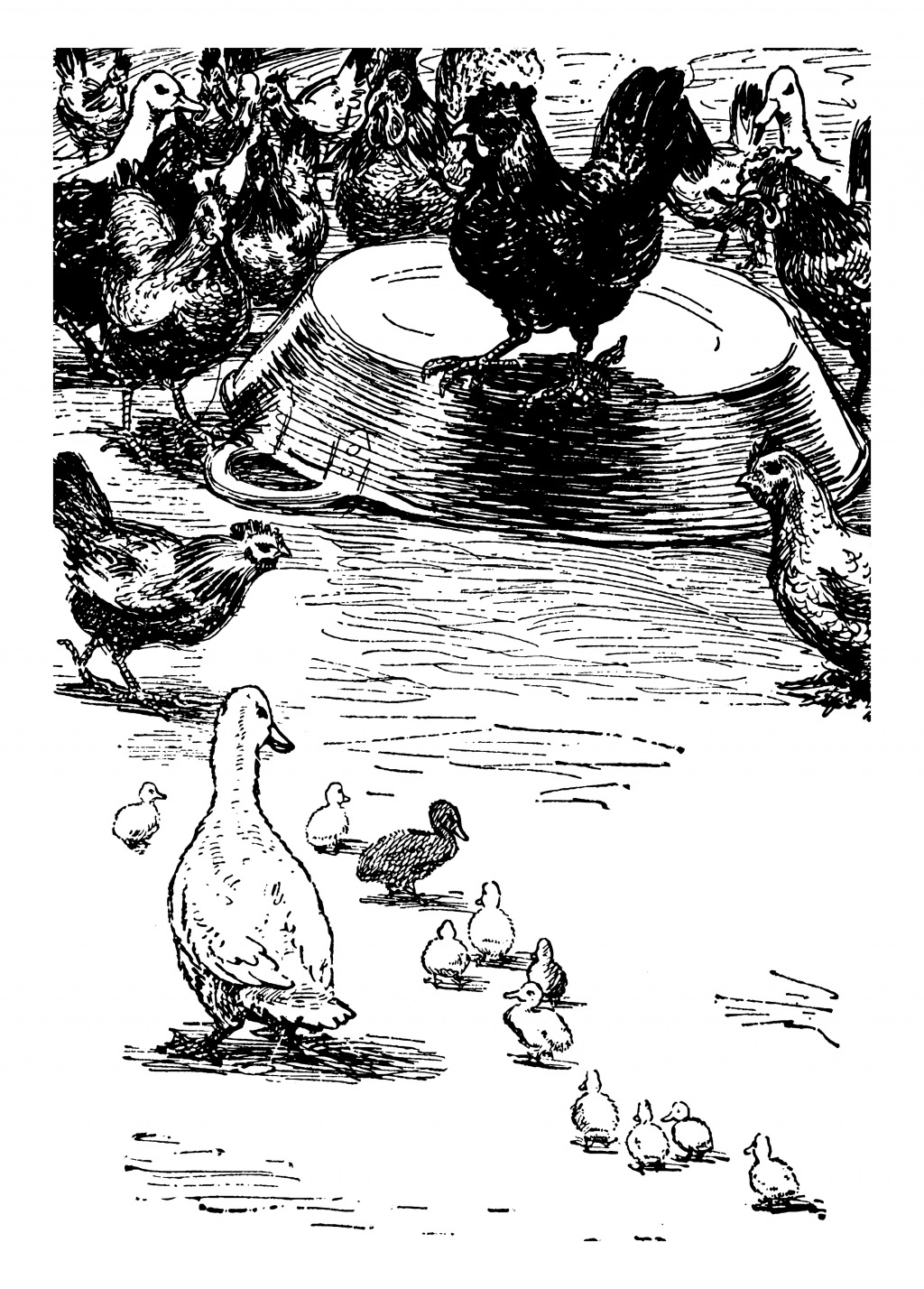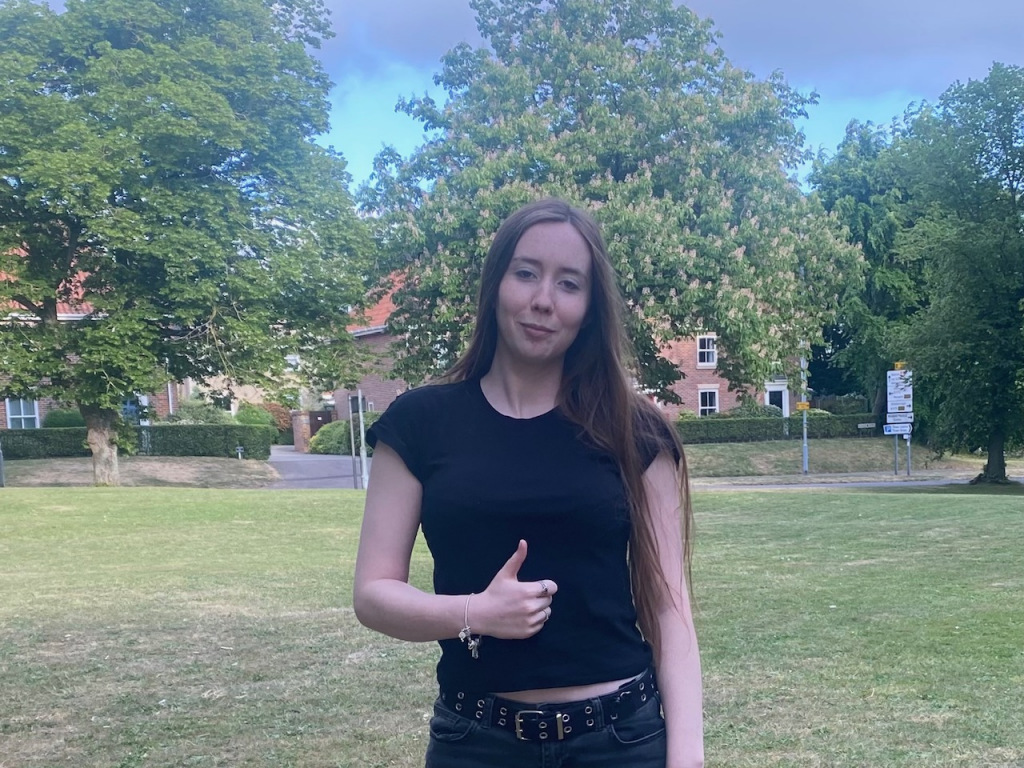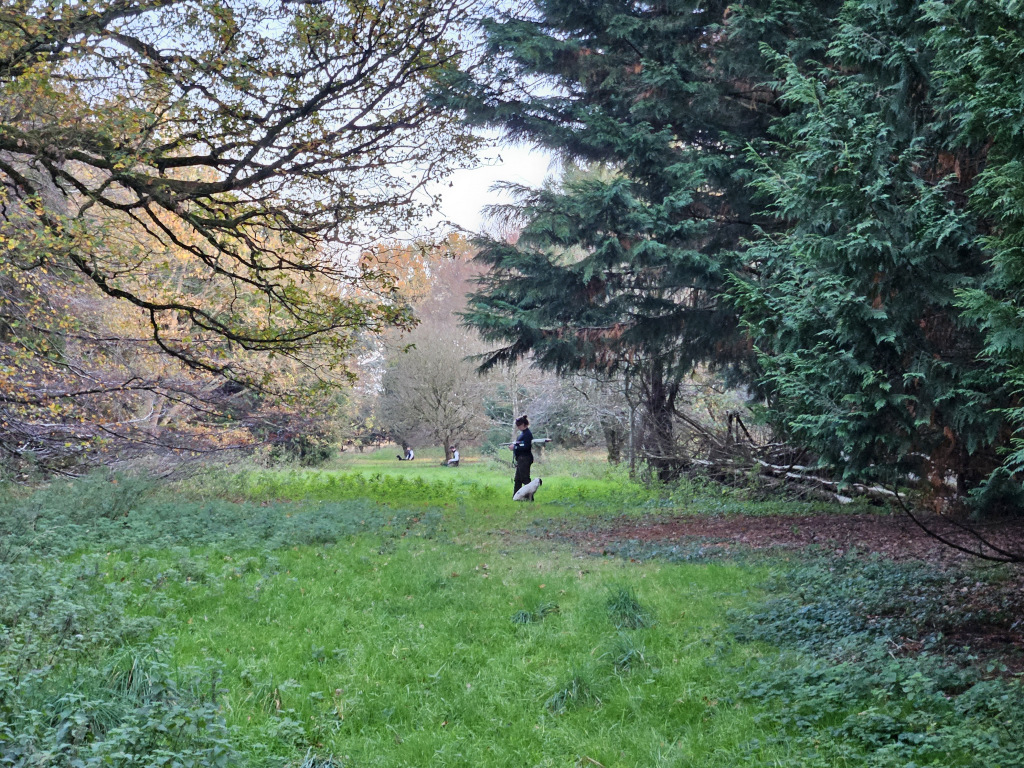In Leo Tolstoy’s War and Peace, one of the central characters is an army general called General Kutuzov. He is based on a real historical figure. He was in charge of the fight against Napoleon during the 1812 Franco-Russian conflict, notably culminating in the Battle of Borodino.
To what extent Tolstoy’s depiction of him is accurate, I have no idea, but the fictional Kutuzov is a fantastic character. Tolstoy praises him so much because he is not a typical military ‘winner’.
He's not a young, militaristic, death-defiant warrior. He is old, fat, and disabled, and often falls asleep in meetings. He gets long nights’ sleep, reads novels, and enjoys the company of women.
He also doesn’t approve of glory. He has no interest in it. When a young, ambitious officer comes to pitch him a new battle strategy, it falls on deaf ears. All that interests him is mitigating the loss of life as much as possible. He much prefers trusting to ‘Time and Patience’ and taking things slowly, rather than risking hundreds of lives and millions of public funds on unnecessary opponent-thrashings to seek a cheap moment of glory.
He “insisted that battles, which were useless…should not be fought”. His motto was “Time and Patience”, Tolstoy writes.
(He would have had a bone to pick with our current military climate!)
Kutuzov reminds me of a Wymondham High Geography teacher I knew called Mr Harrison. I should clarify – physically, the young, attractive, athletic Mr Harrison was of course nothing like the ageing, overweight army general. But his ethos was similar.
Mr Harrison never taught me in class, but I did have him as my Instructor for a Duke of Edinburgh Training Expedition. (For Bronze DofE, our school had this bizarre system where you had to do the expedition twice. One as a ‘training’ walk, and then the real one, which was exactly the same. Why? Don’t know.)
Before we even hiked a step, Mr Harrison got us in a group, sat us down, and told us how we should approach the weekend.
The goal was not to try to finish super fast and burn ourselves out in minutes. When he went walking himself, the most important thing for him was that he felt “comfortable”. Support your team members and keep people feeling positive, rather than chasing after a record-breaking time or trying to beat your friends. He didn’t say the exact words “Time and Patience”, but he exemplified that ethos to a T. Forget glory; keep yourself safe and grounded. Mr Harrison was the Kutuzov of Wymondham High.
Granted, that advice can be taken too far. On some occasions, of course, momentum and pace are important, especially when you have time deadlines to meet. But most of the time, that advice is golden! And it really surprised me hearing it as a teenager, because it was so not what I expected him to say.
I thought of this recently when I was channelling my inner Kutuzov/Harrison energy on a cycling expedition in Ireland. My ethos was this:
1) Go as fast as you can comfortably go;
2) Stick with the group, rather than rushing off ahead;
3) Don’t kill yourself with an unsustainable pace to be the first one to reach the top of the hill;
4) Trust to ‘Time and Patience’! Get in the gear you need to be in; keep it sustainable; don’t worry about rushing to the end.
Ironically, I cycled faster as a result. (And, on more than one occasion, was the first of the group to reach the top of a nasty hill.)
Very occasionally, something a teacher told you in childhood sticks in your head for years. It’s rare. But that was one of them.
I’m aware as I write how incredibly banal and saccharine this ‘wisdom’ sounds, but it is worth reminding ourselves: who won the Battle of Borodino? (Spoiler: it wasn’t Napoleon.)
This is not ‘go really slow and take it easy’ on steroids, but ‘see the bigger picture, be in for the long game and forget instant moments of glory’.
Or, if none of that convinces you, it’s a fun reminder that human nature persists throughout time, even to the extent that a nineteenth-century literary character from a superlong Russian novel has a surprising amount in common with a young, suave Wymondham teacher from my school generation.
"Leo Tolstoy in His Study" by Tschäff is licensed under CC BY-SA 2.0.















